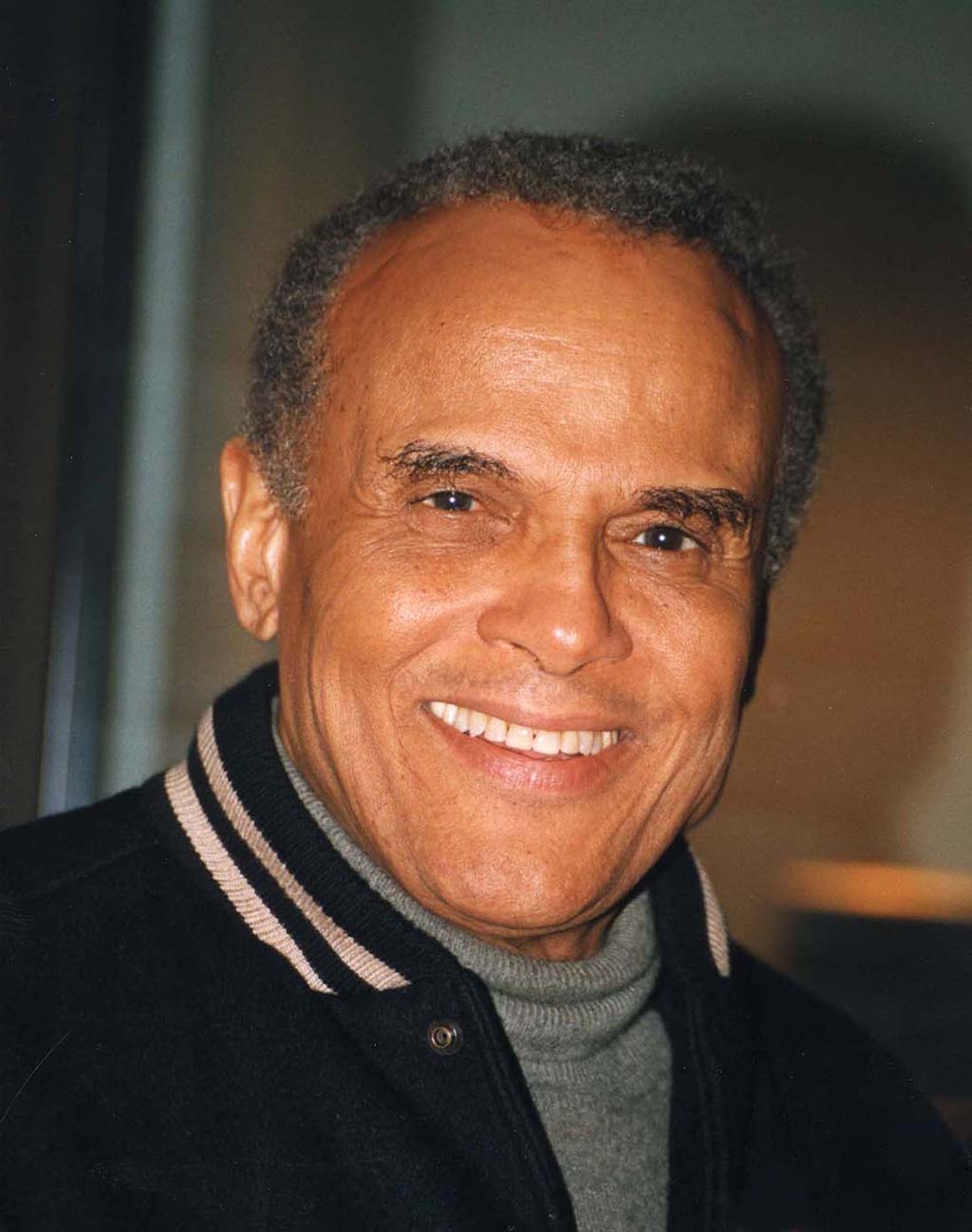Harry Belafonte, the civil rights and entertainment icon who rose from breakthrough actor and singer to activist, humanitarian, and global conscience, has died. He was 96.
Harry Belafonte is No More
Harry Belafonte died Tuesday at his New York home of congestive heart failure, with his wife Pamela by his side, according to Ken Sunshine of public relations company Sunshine Sachs Morgan & Lylis. Belafonte, with his radiant, attractive face and silky-husky voice, was one of the first Black entertainers to achieve a huge audience on film and sell a million albums as a singer; many still know him for his hallmark song “Banana Boat Song (Day-O),” and its call of “Day-O! Daaaaay-O.” But he left a deeper impact after reducing his touring schedule in the 1960s and following his hero Paul Robeson’s declaration that artists are “gatekeepers of truth.”

Source: Vanity Fair
His Friendship with Dr. Martin Luther King
He is the paradigm and embodiment of the celebrity activist. Few could match Belafonte’s time and effort, and none could match his status as a meeting place for Hollywood, Washington, and the civil rights movement. Harry Belafonte not only marched in protests and benefit performances but also helped organize and generate funds for them. He collaborated closely with his friend and generational peer, Rev. Martin Luther King Jr., frequently intervening on his behalf with politicians and fellow musicians, as well as financially assisting him. He encountered the Rev. Dr. Martin Luther King Jr. early in his career and became not just a lifetime friend but also an enthusiastic supporter of Dr. King and the drive for racial equality he symbolized. He contributed significantly to the formation of the Student Nonviolent Coordinating Committee and was a key fundraiser for both that organization and Dr. King’s Southern Christian Leadership Conference.
More About Harry Belafonte
He put his life and livelihood in danger while setting high standards for younger Black celebrities, chastising Jay Z and Beyonce for failing to meet their “social responsibilities” and mentoring Usher, Common, Danny Glover, and others. In Spike Lee’s 2018 film “BlacKkKlansman,” he played an aging statesman who teaches youthful activists about the country’s history. Mr. Belafonte was equally successful as a concert attraction: handsome and charismatic; he captivated audiences with dramatic interpretations of a repertoire; that included rollicking calypsos like “Matilda,” work songs like “Lead Man Holler,” and tender ballads like “Scarlet Ribbons.” By 1959, he was the highest-paid Black performer in history, with lucrative contracts for engagements in Las Vegas, Los Angeles, and New York’s Palace.
His Career as an Actor
Mr. Belafonte’s success as a singer led to movie opportunities; he quickly became the first Black actor to achieve considerable success in Hollywood as a starring man. His cinematic popularity, however, was brief, and it was his buddy competitor Sidney Poitier, not Mr. Belafonte, who became the first bona fide Black matinée idol.

Source: BlackPast
Making films was never Mr. Belafonte’s focus, and after a while, neither was making music. He continued to act and feature in films into the twenty-first century (despite two extended hiatuses from the cinema); but his principal concern from the late 1950s on was civil rights.
Read Also: Cristine Reyes: What Happened to Her And Why Is She In Headlines?
















